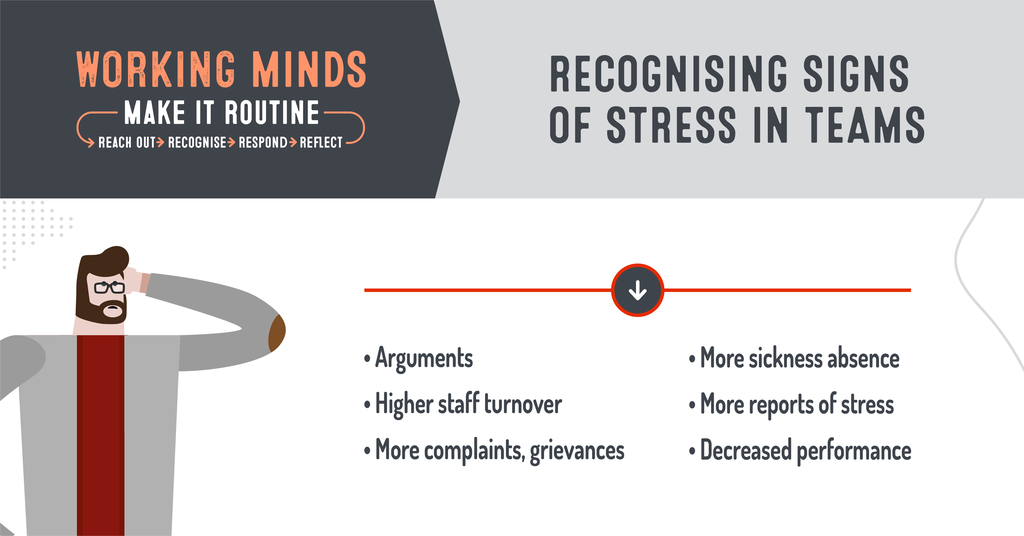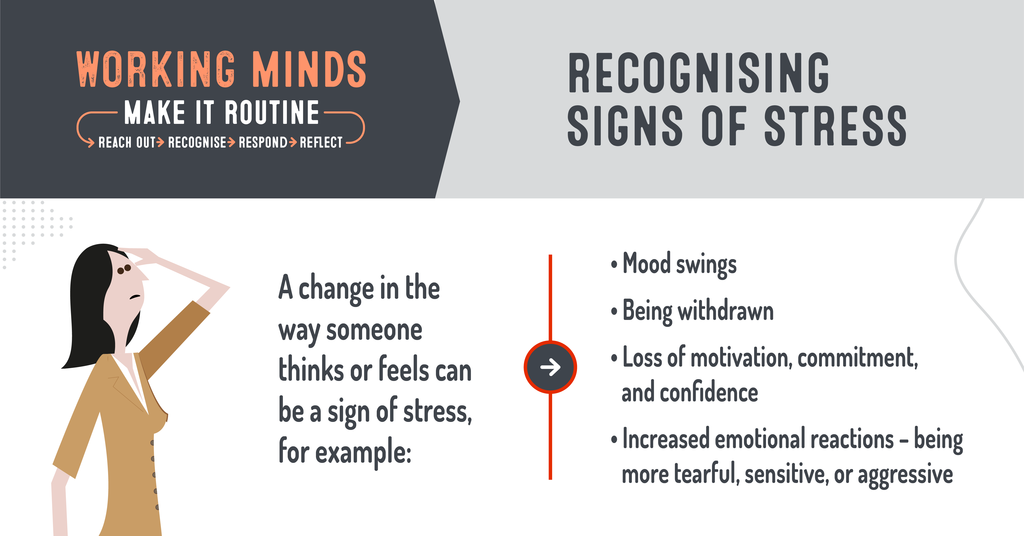
Kelly Rose
Editor

Kelly Rose
Editor
Now is the time to make talking about stress and how people are coping, as routine as managing workplace safety, says Elizabeth Goodwill.
IT SEEMS that everywhere you look people are talking about stress and mental health issues, with Covid and lockdowns only adding to the pressures.
Statistics covering the 2020/21 period, show of the 1.7 million workers suffering from a work-related illness, 800,000 were stress, depression, or anxiety. A recent survey by the charity Mind suggests that the mental health of two in five employees has worsened during the pandemic.
With the support of partners, HSE launched its Working Minds campaign to help explain what employers need to do to comply with the law on stress. Many employers, particularly small to medium sized enterprises (SMEs), simply aren’t aware that they have a legal duty to assess the risks from work-related stress and that they need to act on any identified issues. Although the campaign is largely targeted at SMEs, the campaign messages are relevant to all employers.
The campaign promotes the 5 Rs –
There are six main areas that may cause work-related stress if not managed well - demands, control, support, relationships, role, and change. These potential issues should be considered and discussed at regular check-ins to avoid them becoming a potential stressor in the workplace.
A significant factor in stress is change and due to the pandemic, many workers have been in a state of flux, adapting to many changes such as hybrid working, working from home, or returning to the workplace - all these things are adding to the pressures and anxiety, which people feel. It’s important to recognise these factors and talk to your workers about how best to manage their return.
Assessing the risks from any hazard is not a one-off process. Who'd
have thought 10 years ago that many workers could work from home due to new technology, yet the same IT could cause so much stress when it breaks down or it prevents workers from switching off after their shift ends.
In work, the onus is often on management to identify problems and do something about them, but they can’t do anything if they don't know there's a problem – tell your manager how you're feeling, talk to your colleagues, it doesn't have to be anything formal. The important thing is to make talking about stress and how people are feeling and coping, normal.
HSE is a source of help and advice, we have lots of freely available guidance - have a look at the Work Right website, or the HSE Stress webpages, and you'll find lots of useful material and tools. You can also sign up for campaign updates through our regular ebulletins.
We've partnered with lots of other organisations, such as Acas and Mind, who have additional skills, expertise, knowledge, and tools.
We also have some regional and industry specific guidance about stressors or mental health issues including construction and agriculture.
We’re calling for a culture change across Britain’s workplaces where recognising and responding to the signs of stress becomes as routine as managing workplace safety, and we can’t do it alone. Along with partners, we’re also encouraging people and organisations to sign up as campaign champions to share information through their networks.
We want to protect the mental health of everyone, no matter where you work or what you do. Stress and poor mental health – can affect any of us at different times and in different ways
Whether your workers have been in the workplace throughout the pandemic, or they are returning after working at home, HSE and its partners are encouraging every employer to take the opportunity to review health and safety policies.
Let’s remove the stigma around stress and mental health and look after each other!
Elizabeth Goodwill is head of stress and mental health policy at the HSE. For more information, visitwww.hse.gov.uk



5N.1 Redgrave Court
Merton Road
Bootle
L20 7HS
UNITED KINGDOM
0151 951 3758